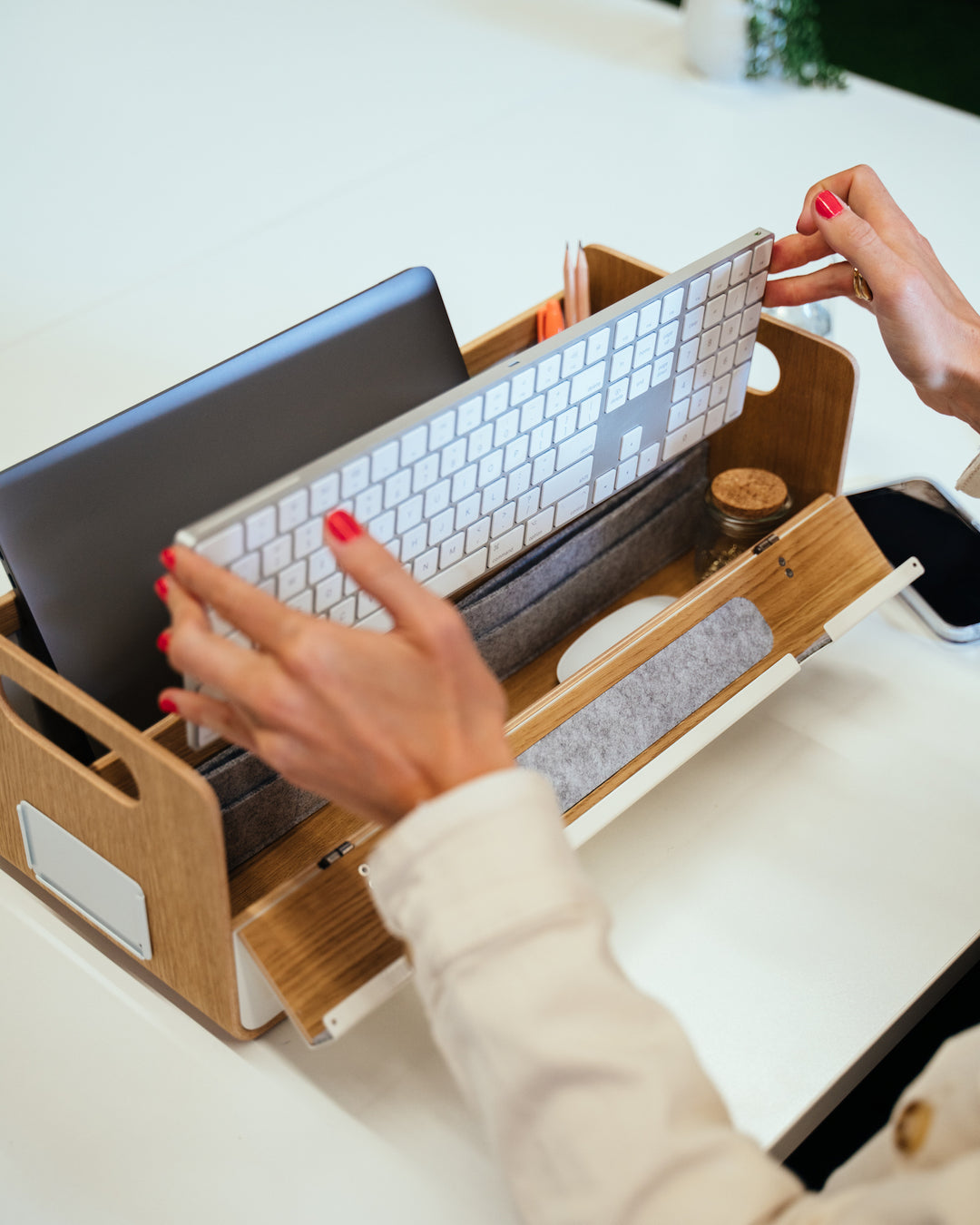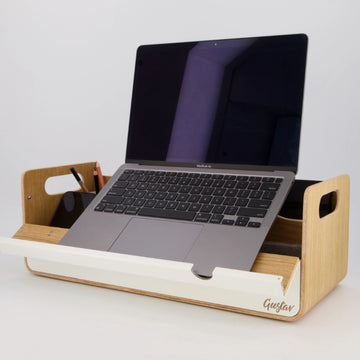Journal
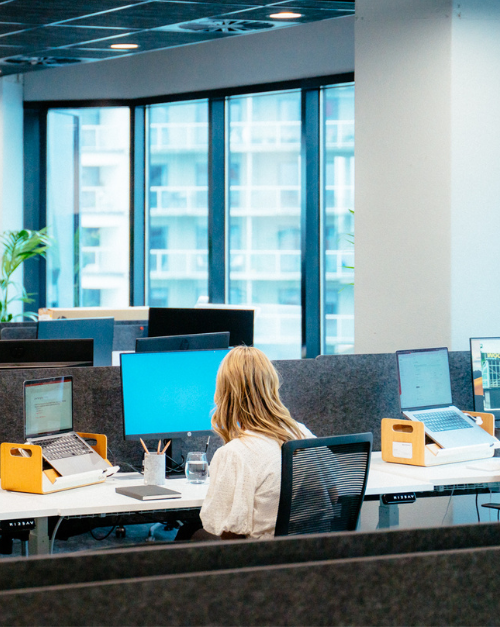
Is your business ready to embrace the future of work? Let's explore how desk sharing can revolutionize your workspace!
Consider this: on a typical Tuesday, perhaps only 30% of your employees come into the office, and maybe only 25% on a Friday. In such a scenario, what’s the point of maintaining a pre-pandemic system of designated desks? Most of these desks end up unused, leading to a significant waste of office space and financial resources. If, for instance, 40-60% of your 100 pre-assigned, fixed desks are going unused during the week, that’s a clear indicator of inefficiency and unnecessary expense.
Desk Sharing and Hot desking, therefore, makes eminent sense in this context. It's not just a space-saving tactic; it's a strategic move towards a more dynamic, cost-effective, and employee-friendly workplace. The right implementation of desk sharing can transform the way businesses operate, leading to significant gains in efficiency, innovation, and employee well-being.
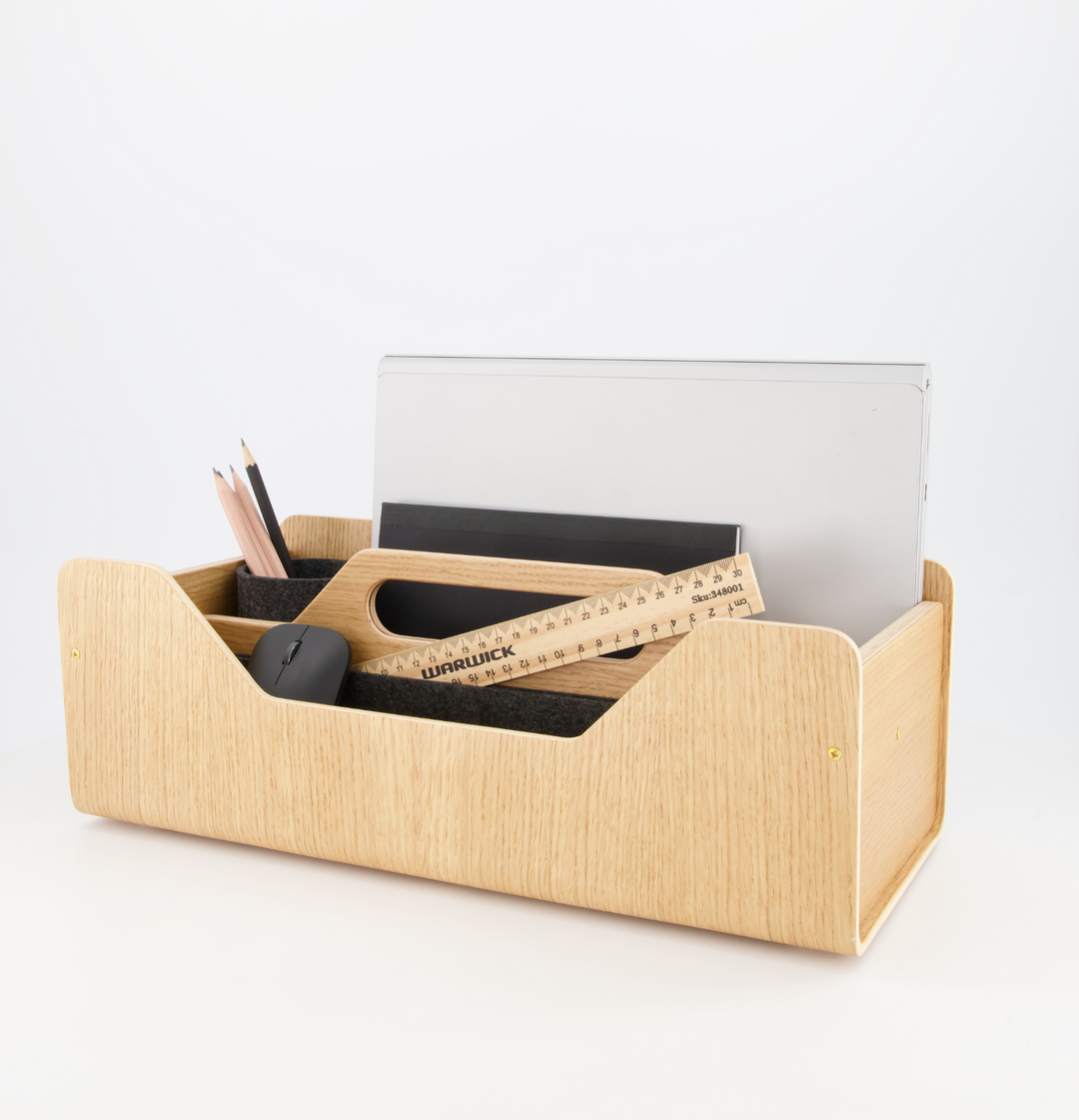
In the modern workplace, the concept of shared workspaces has gained significant traction. As businesses transition towards more flexible and collaborative environments, the need for efficient organization and an aesthetically pleasing atmosphere becomes paramount.
For more and more businesses, a natural and sustainable option is a better choice, when incorporating new designs into the office. Especially when transitioning to desk sharing, a premium desk organizer and toolbox will give start the change on the right foot. Enter wood desk organizers – a fusion of timeless elegance and functional design that can transform ordinary shared office settings into spaces that inspire productivity and creativity.
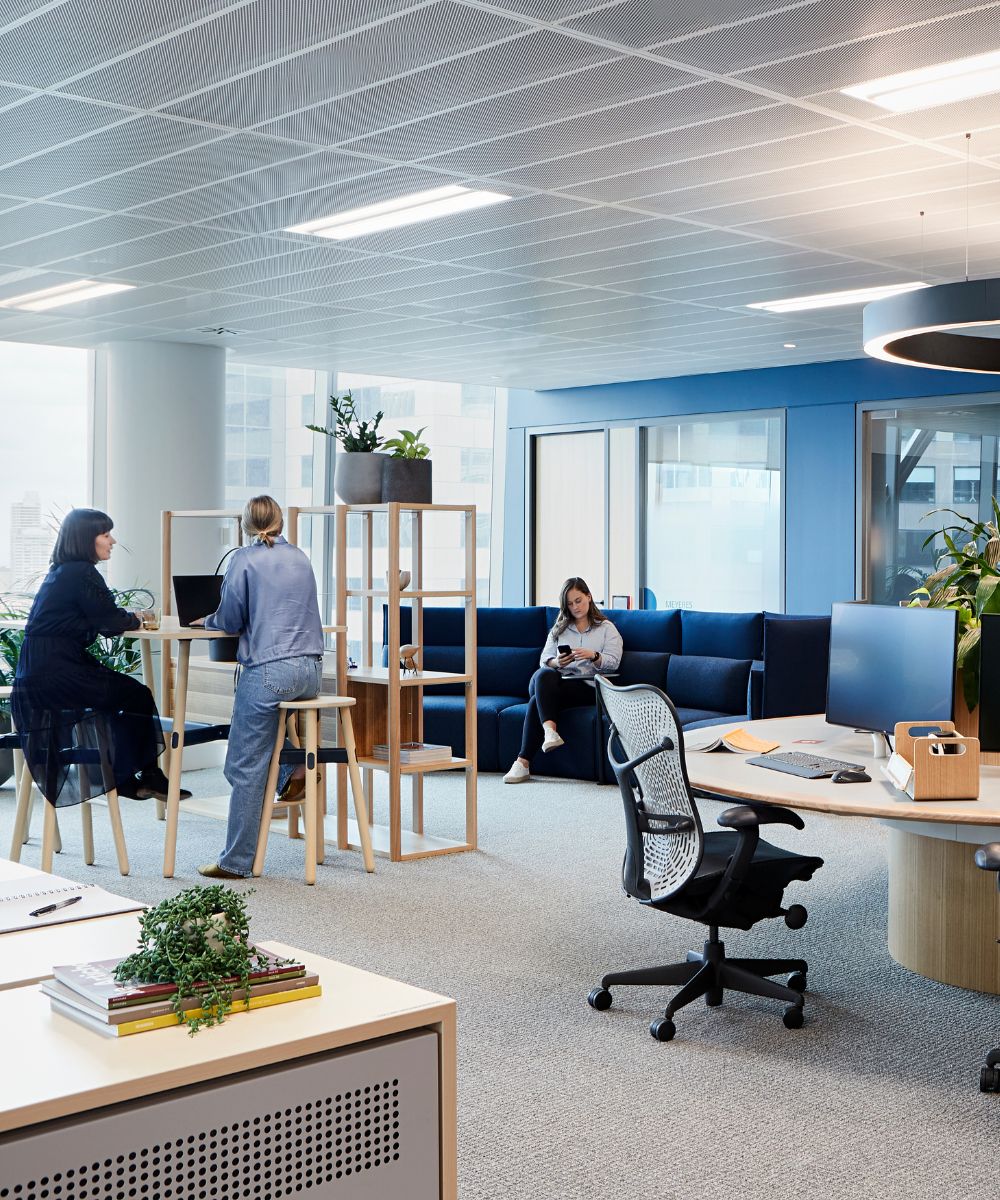
Discover the top tools that make desk sharing seamless and efficient in modern hybrid workplaces. From booking systems to mobile office caddies and desk organizers like Gustav, this guide helps teams stay organized and agile.

This article explores the concept of New Work and its impacts on the modern working world. New Work represents a new work philosophy that challenges traditional work structures and offers alternative approaches to work design. The article begins by providing a comprehensive definition of New Work, highlighting its core principles of individual autonomy, meaningfulness of work, self-responsibility, and the promotion of creativity and innovation. It then delves into the various impacts of New Work on the modern working world.
